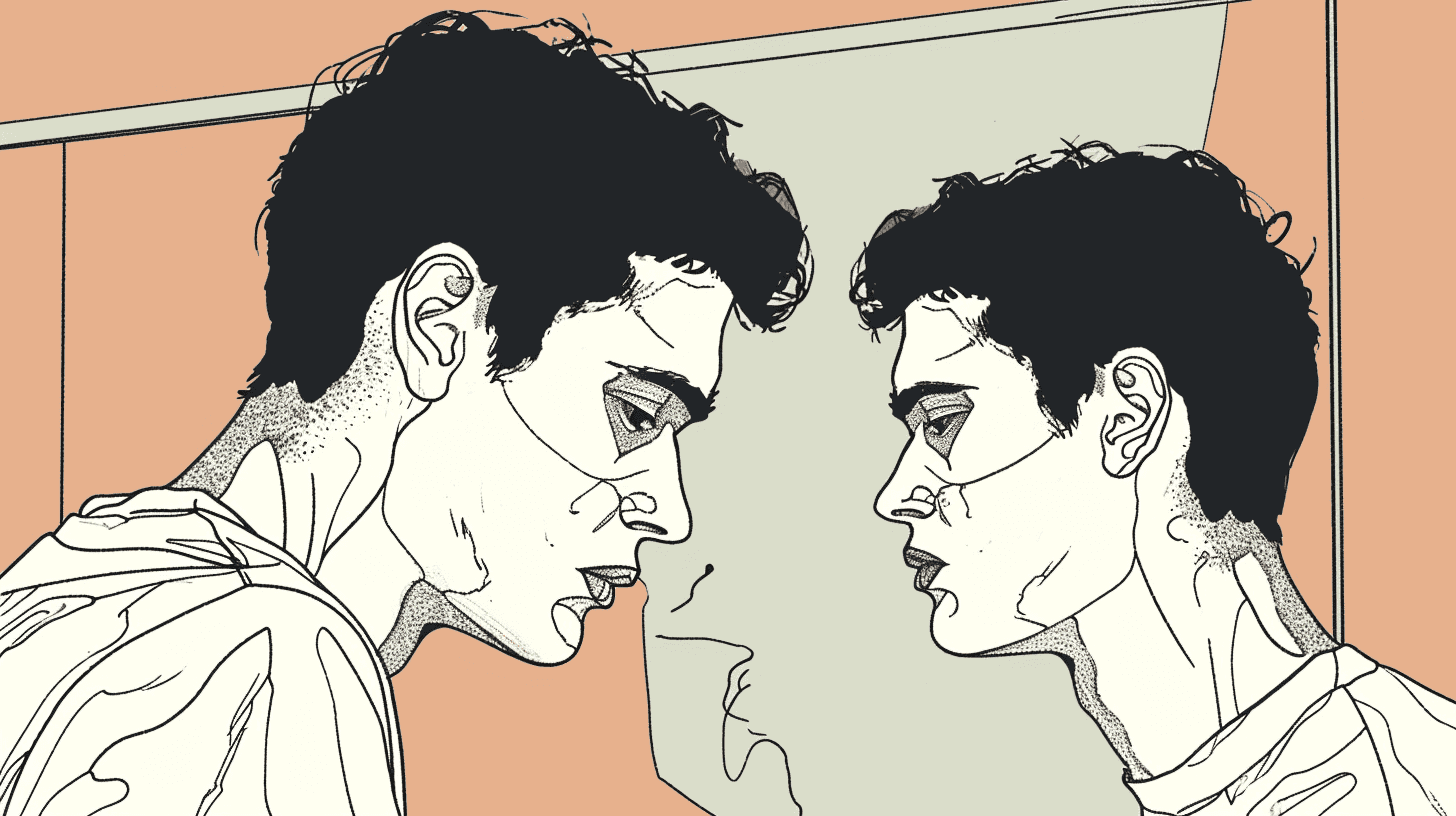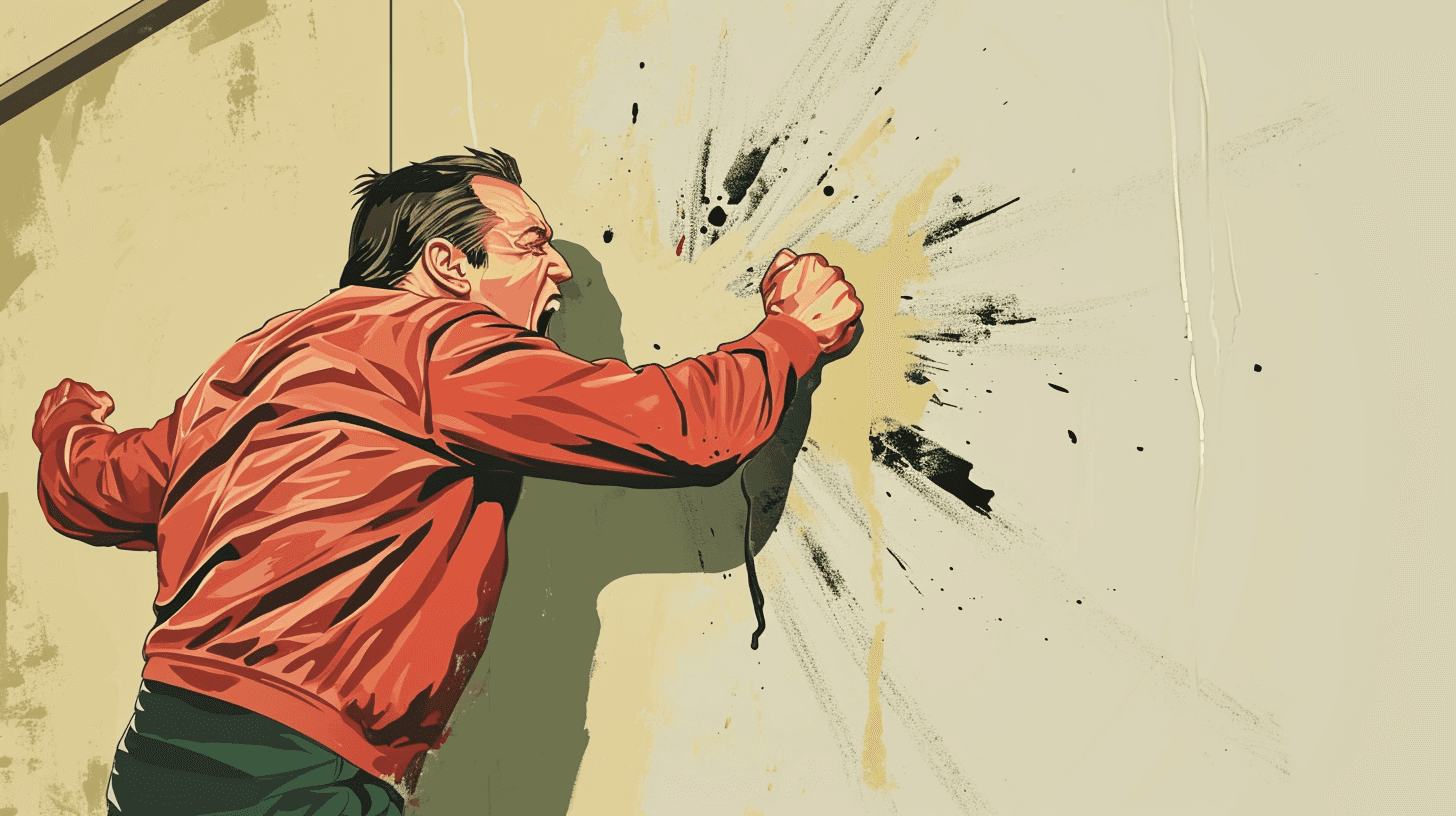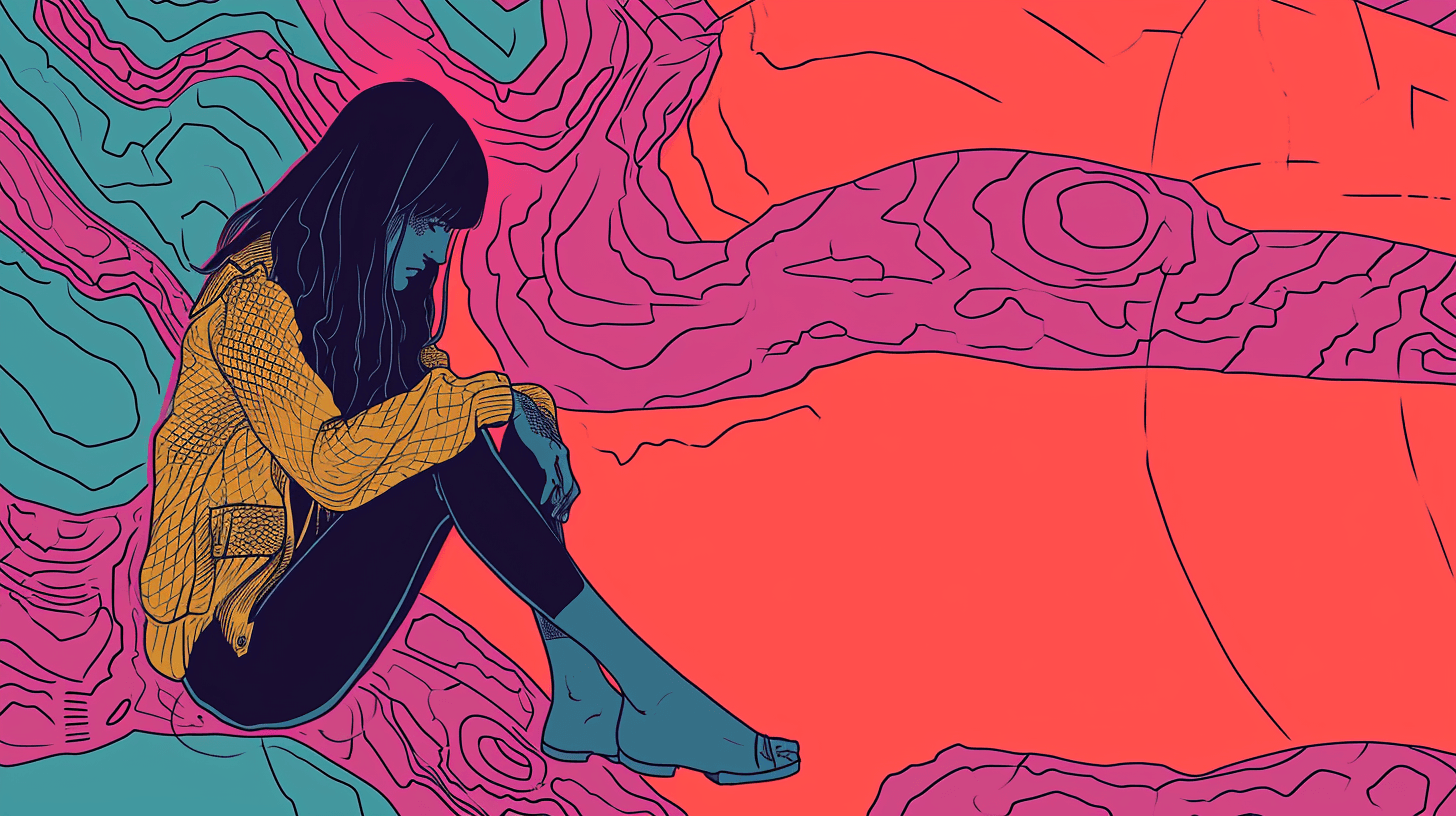Narcissism in Social Media: An Edgy Exploration
Plunge into 'The Social Media Mirage,' where our digital personas prance in a carnival of vanity, and 'The Lure of Online Grandstanding' reveals the intoxicating seduction of social media's 'Look at me!' culture.
Sep 7, 2023
Narcissism
5 min
The Lure of Self-Love
Imagine, for a moment, you're diving headfirst into the rabbit hole of your social media feed. There's a surreal, almost surreal absurdity to it, isn't there? It's like wandering through a carnival of egos, each profile a funhouse mirror reflecting an exaggerated, often distorted version of reality. We're all performers here, some more willingly than others. In this digital masquerade, narcissism isn't just present; it's the ringleader, orchestrating a bizarre show of self-indulgence and vanity.
The Lure of Online Grandstanding
Social media, that glittering, seductive beast, has become the ultimate platform for the "Look at me!" culture. Here, grandiosity doesn’t just thrive; it's lionized. Scrolling through Instagram or TikTok is like flipping through a magazine of personal advertisements, each post screaming, "I'm better, I'm happier, I'm the star of this show." It's a digital high, addictive and intoxicating. And let's be real, who among us hasn't felt that rush when our latest post gets a flurry of likes? It's like a hit of dopamine straight to the ego.
The Many Faces Behind the Screen
Narcissism in social media isn’t a one-size-fits-all. There’s the grandiose type, sure – those peacocks flaunting their plumage with every post. But there’s also the vulnerable kind, lurking in the shadows, silently comparing their lives to the highlight reels of others. And let’s not forget the entitled – the ones who believe the world owes them a constant stream of validation. This trio of digital narcissism dances across our screens, each playing their part in the great social media spectacle.
The Misinformation Maze
Here's where it gets darkly humorous – the spread of misinformation by our narcissistic friends. It's like watching someone juggle flaming torches while blindfolded. They crave attention, sure, but at what cost? When you're more concerned with racking up likes than verifying facts, you're playing a dangerous game. It's the ultimate irony: in their quest for digital domination, they become unwitting pawns in the misinformation chess game.
Reflecting Narcissistic Trends
Narcissism and pop culture – now there's a love story for the ages. Our feeds are littered with references to celebrities, influencers, and meme-worthy moments that mirror our own narcissistic tendencies. It's like we're all starring in a reality show where the prize is fleeting online fame. From the latest Kardashian drama to the newest TikTok dance craze, we see reflections of our own quest for digital validation.
Seeking Digital Applause
This constant hunt for likes and shares is the modern-day Sisyphean task. We're all pushing our digital boulders up the hill, only to watch them roll back down with each new post. It's a hollow victory, a fleeting sense of accomplishment before the void of dissatisfaction creeps back in. We're chasing digital ghosts, ephemeral moments of adulation that dissipate as quickly as they appear.
A Call for Digital Introspection
So, where do we go from here? It's time for a digital reckoning. We need to step back and ask ourselves: Are we controlling our social media narrative, or is it controlling us? It's not about quitting cold turkey (let's be real, that's not happening). It's about mindfulness, about recognizing the narcissistic traps we fall into and choosing not to play the game. Let's use social media not as a stage for our egos but as a tool for genuine connection and self-expression. After all, in this digital age, the most radical act might just be being authentically, unapologetically ourselves.



